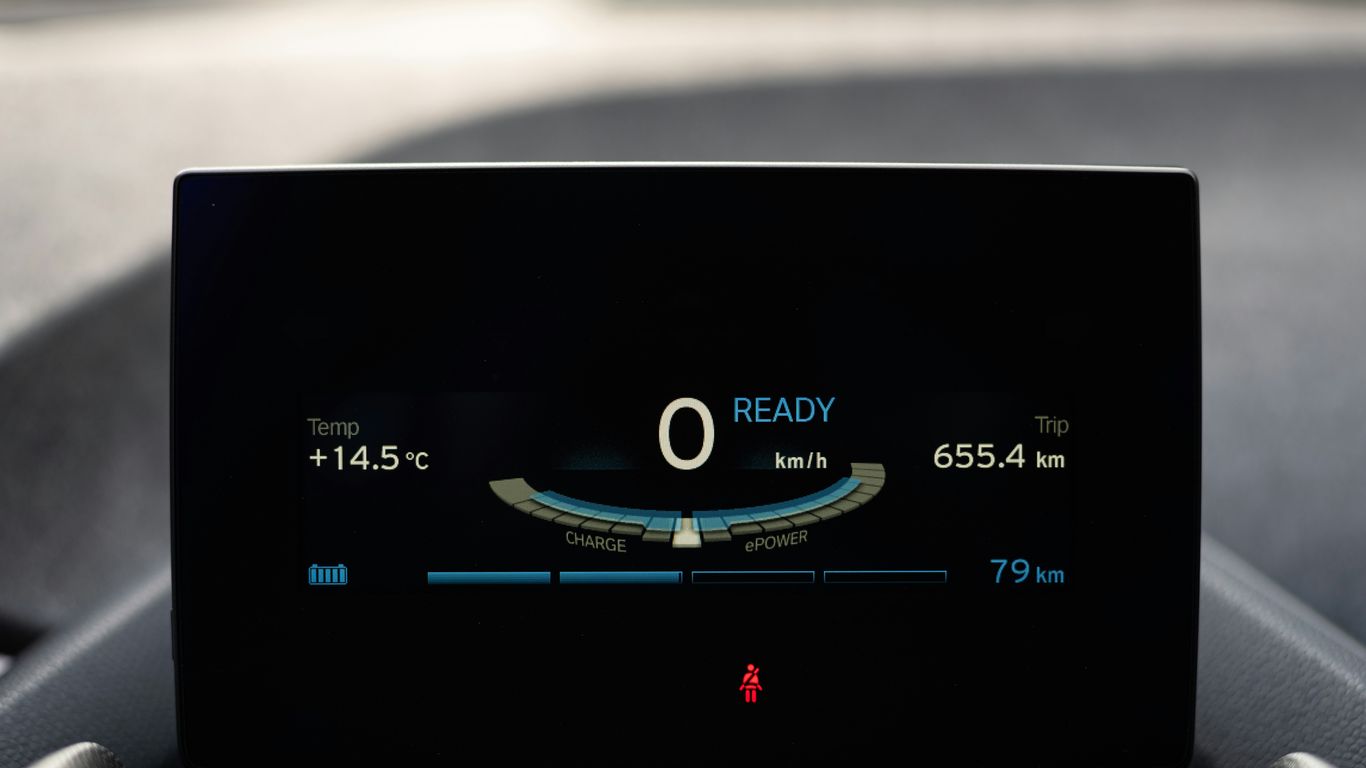Tesla and Uber Forge Green Logistics Alliance with the Electric Semi
- Sep 17, 2025
- 2 min read
Tesla and Uber have announced a groundbreaking partnership aimed at accelerating the adoption of electric commercial vehicles. The collaboration will leverage Tesla's all-electric Semi trucks to make sustainable freight more accessible and affordable, marking a significant step towards revolutionizing the logistics industry.
Key Takeaways
A new program, the Dedicated EV Fleet Accelerator Program, is launching to make electric freight more affordable and accessible.
The partnership focuses on three core strategies: subsidized pricing, predictable revenue growth for carriers, and optimized truck utilization.
Pilot programs have demonstrated the Tesla Semi's reliability and efficiency in real-world freight operations.
Revolutionizing Freight with the Tesla Semi
Uber's Freight division is spearheading the new "Dedicated EV Fleet Accelerator Program," described as a first-of-its-kind initiative designed to overcome key barriers to electric truck adoption. Through this partnership, Tesla and Uber will utilize the Tesla Semi to make Class 8 electric trucks more economically viable for fleets.
The program employs three main strategies:
Subsidized Pricing: Fleets participating in the program will receive a subsidy on the purchase price of Tesla Semis.
Predictable Growth: Carriers will integrate their Tesla Semis into Uber Freight's dedicated solutions for shippers for a fixed period. This provides carriers with predictable revenue streams and ensures shippers have consistent access to zero-emission freight capacity.
Optimize Utilization: Uber Freight will utilize its extensive network to match carriers with consistent, high-quality freight, ensuring the Tesla Semis are fully utilized and carriers achieve measurable returns.
Proven Performance and Future Outlook
Tesla will collaborate directly with interested companies to finalize technical specifications and ownership costs for the Semi, tailored to their specific business needs. Uber anticipates that fleets will see immediate savings due to the elimination of diesel fuel costs and reduced maintenance requirements, inherent advantages of electric vehicles.
Prior to the official launch, Uber conducted a two-month pilot program with select carriers. During this trial, the Tesla Semis covered over 12,377 miles in 394 hours of drive time, showcasing impressive reliability and efficiency. The trucks achieved an average net energy consumption of 1.72 kWh per mile and required only 60 hours of total charge time, demonstrating their operational viability on demanding freight routes.
These positive results align with previous trials, such as the one with PepsiCo, which also highlighted the Semi's efficiency, cost savings, and long-haul capabilities. As the Tesla Semi prepares for mass production next year, this partnership with Uber is expected to drive significant early adoption.




Comments